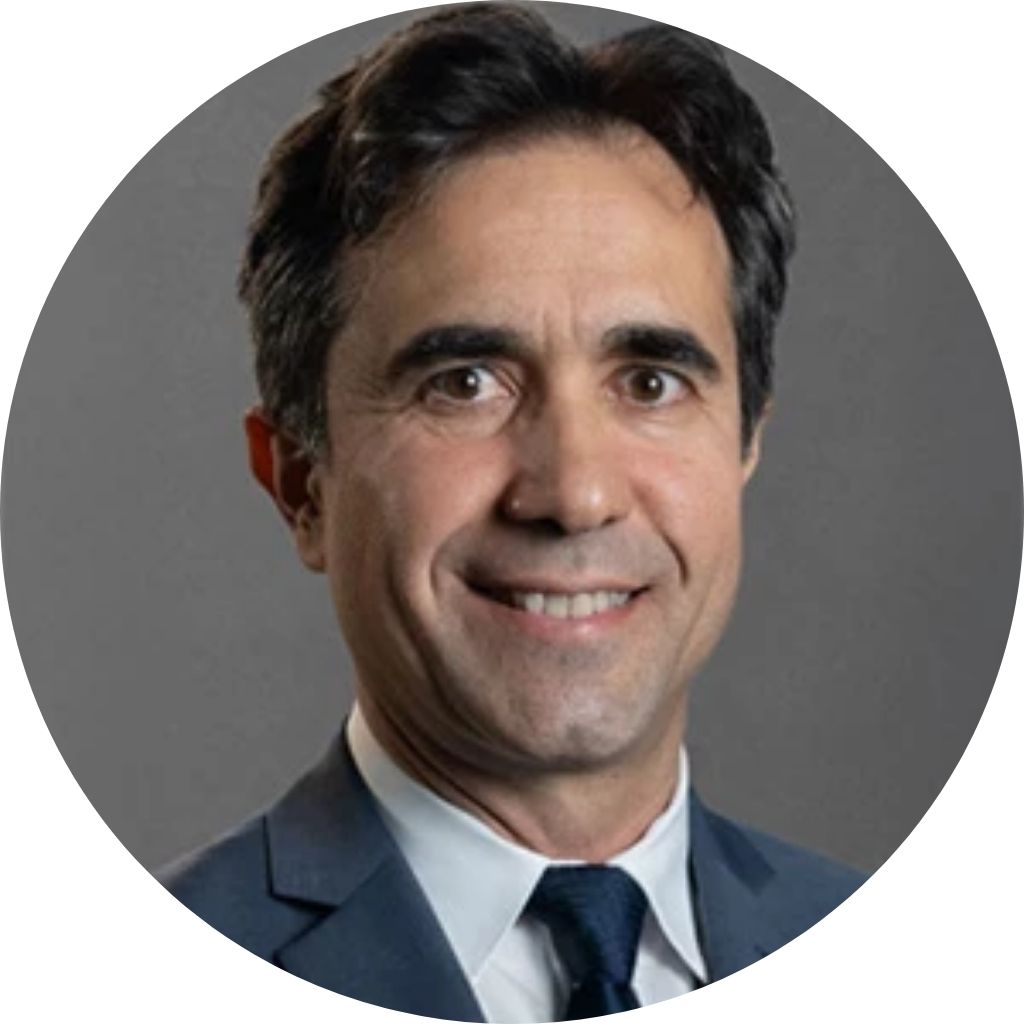As part of the Private Sector Development Research Network event series, this write-up focuses on a webinar that was hosted by the International Finance Corporation the session was led by Marcio Cruz, principal economist with the Economic Policy Research unit and moderated by Andrew Dabalen, Chief Economist, Africa, World Bank Group (WBG).
Imagine it’s 2050. Across Africa, 2.5 billion voices – young, ambitious, and digitally fluent – are buzzing. Digital payments flow effortlessly between Accra and Addis Ababa, digital platforms power vibrant marketplaces from Nairobi to Lagos, and entrepreneurs leverage AI-powered insights to bring innovative solutions into the daily lives of millions. Yet today, in 2025, this vision remains unevenly realized. The journey to meaningful digitalization is critical and demands immediate action.

How can Africa bridge the gap between its digital promise and reality
The stakes are immense. According to McKinsey (2023), African fintech alone could generate annual revenues of up to $65 billion by 2030, only if innovation stays responsive and relevant. Yet, barriers persist: technology costs remain prohibitively high, digital infrastructures incomplete, and most microbusinesses, the backbone of Africa’s economy, have barely begun their digital journeys (Cruz, Edet, Konte, and Lang, 2024).
Cruz stated that “Mobile payments were the first wave of digital disruption in Africa, but they can’t be the last. Payments were the entry ticket, now we need to get firms deeper into digital workflows” (Cruz, 2024). Indeed, though 86% of African firms have digital tools like mobile phones, less than 11% actively use sophisticated digital technologies like Enterprise Resource Planning (ERP) software in their everyday operations (Cirera, Comin, and Cruz, 2022).
Solutions need to be locally designed
The McKinsey report underscores that fintech success in Africa requires models tailored specifically to African conditions (McKinsey, 2023). In the webinar Cruz has, emphasised that Africa’s digital future demands locally designed solutions, intuitive for users from all walks of life; whether the bustling urban trader in Johannesburg or the small-scale farmer in rural Uganda (Cruz, 2024).
Yet, digitalisation must do more than simply mirror Western solutions. African digitalisation should empower the continent’s distinctive strengths: its young demographics, community-based commerce, and rapid mobile adoption. For example, fintech solutions in Africa now embrace “embedded finance” offering financial services within non-financial apps to users who may never visit a bank (McKinsey, 2023). This holistic approach promises deeper engagement, improved productivity, and greater financial inclusion.
Policymaker need to clear the path for the future of African business
But achieving this vision isn’t automatic. It requires intentional strategies today, laying foundations for the billions who will shape Africa in 2050. Policymakers must clear the path, removing costly tariffs and fostering competitive digital markets across the continent. As African Continental Free Trade Area takes effect, the opportunity to harmonise regulations and standards across Africa becomes pivotal (Cruz, Edet, Konte, and Lang, 2024).
Cruz supports that investors and entrepreneurs must think beyond quick returns. Patient capital that supports disruptive start-ups will unlock solutions customised for African realities, from AI-driven multilingual customer support to low-cost solar-powered devices that can survive rural conditions (McKinsey, 2023). Digital education and talent pipelines must be strengthened, ensuring Africa’s youth are not just users but creators of technology. Microbusinesses, informal traders, and rural communities must become central and not peripheral to digital strategies. Their futures will shape Africa’s economic trajectory.
A World Bank case study
Seydi, a small-scale tailor in Dakar, Senegal, whose story is documented in a World Bank case study. For years, Seydi ran her business using handwritten notes and cash transactions. But after being introduced to a locally designed digital platform, she began using her smartphone to share her designs via social media, track inventory, and accept mobile payments. The shift was transformative. Her customer base grew, her financial transactions became more transparent, and she began receiving online orders from beyond her neighbourhood. Seydi’s success also encouraged others in her community to explore digital tools (World Bank, 2023) Stories like Seydi’s are proof that when digital tools meet real needs, transformation follows. Their futures will shape Africa’s economic trajectory.
In 25 years, Africa will represent the world’s largest workforce; 2.5 billion stories waiting to unfold. Designing Africa-centric growth models today means investing strategically, thinking innovatively, and working inclusively. Digitalization can transform economies and lives, but only if built for and with Africans.
A recording of the webinar is available here.
References
Cirera, X., Comin, D., and Cruz, M. (2022). Bridging the Technological Divide: Technology Adoption by Firms in Developing Countries. Washington, DC: World Bank.
Cruz, M. (2024). Digital Opportunities in African Businesses. PSDRN webinar hosted by Wheeler Institute.
Cruz, M., Edet, S., Konte, M., and Lang, M. (2024). The Cost of Technology in Africa. International Finance Corporation, Washington, DC.
McKinsey (2023). Redefining Success: A New Playbook for African Fintech Leaders. [online] Available at: https://www.mckinsey.com/industries/financial-services/our-insights/redefining-success-a-new-playbook-for-african-fintech-leaders [Accessed 24 Mar. 2025]. World Bank (2023) Informal Firms and Digital Technology in Senegal: Evidence from a Firm-Level Survey. [online] Available at: https://openknowledge.worldbank.org/handle/10986/40857 [Accessed 24 Mar. 2025].
About the speaker

Marcio Cruz is a principal economist in the Economic Research Department of the International Finance Corporation. Previously, he served as a senior economist in the Finance, Competitiveness, and Innovation Global Practice at the World Bank. His research focuses on firm dynamics, technology adoption, entrepreneurship, international trade, and impact evaluation. He has also worked in the Development Economics Vice Presidency, where he contributed to the World Bank’s flagship publications Global Economic Prospects and Global Monitoring Report. Before joining the World Bank, Cruz was a tenured professor in the Department of Economics at the Federal University of Paraná in Brazil and worked as an economist for the Secretary of Planning of the state of Paraná. His research has been published in academic journals such as the Journal of International Economics, Small Business Economics, and World Development. In 2015, he received the World Bank’s Research Academy Award. He holds a PhD in International Economics from the Geneva Graduate Institute.
About PSDRN
The Private Sector Development Research Network is a community of institutions with an active research agenda on Private Sector Development. The PSD Research Network is a collaboration between the Wheeler Institute, British International Investment (BII), Centre for Global Development (CGD), European Bank for Reconstruction and Development (EBRD), IDB Invest, International Finance Corporation, International Growth Centre (IGC), Think Tank ODI, Islamic Corporation for Development of the Private Sector (ICD) and the African Development Bank (AfDB), which aims to promote the exchange of ideas and facilitate collaboration.
About the author

Tebogo Seima, a CFA Charterholder, is an MBA candidate at London Business School and a recipient of the prestigious Laidlaw Foundation Women in Business Scholarship. With over five years of experience in debt capital markets and ESG transactions, Tebogo has sourced over $150 million in funding and led initiatives to promote financial inclusion across African markets. Previously, she contributed to financial services research at ABSA Group and the South African Reserve Bank. A graduate of the University of Cape Town with a Bachelor of Business Science in Economics, Tebogo is passionate about mentorship, community engagement, and advancing opportunities for women in business.
